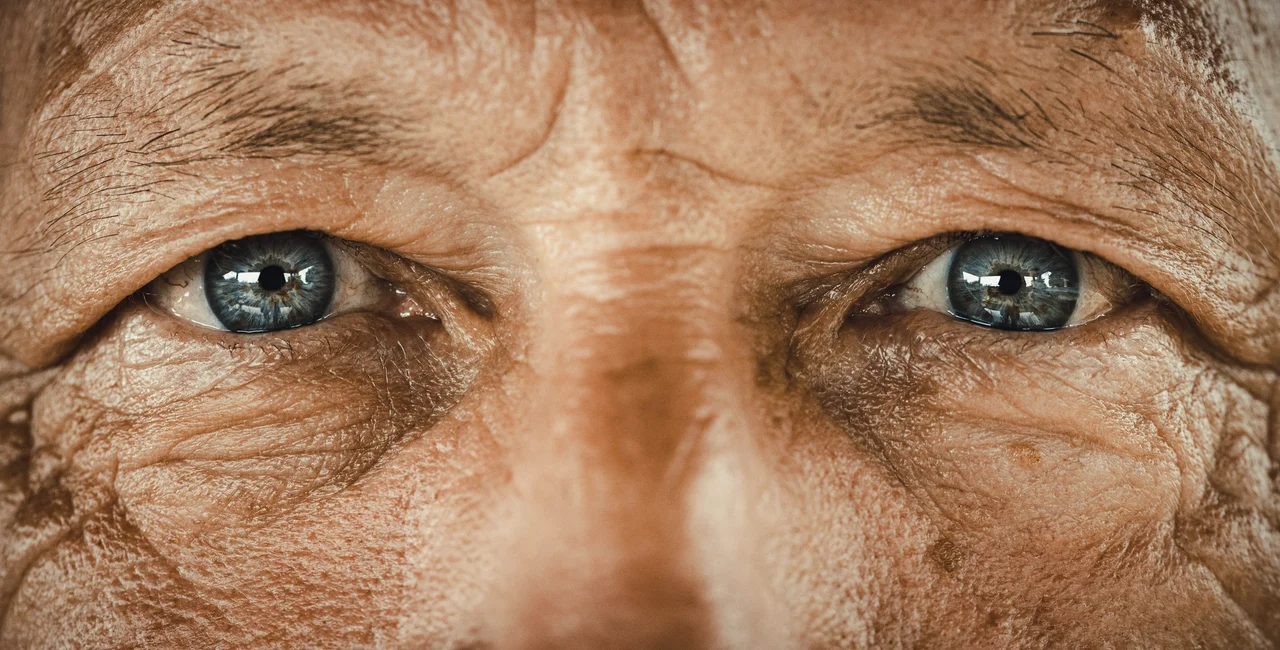Prague, Dec 27 (ČTK) – Life expectancy has been rising both in the Czech Republic and Slovakia, the two countries that were established in 1993 after Czechoslovakia's split. But this figure as well as old-age pensions are higher in Czechia than in neighboring Slovakia, according to both countries' statistical and social administration data.
Czech men have a chance of living almost three years longer than Slovak men, and women's life expectancy in Czechia is more than two years longer than in Slovakia.
In 1993 when Czechoslovakia was divided into two countries, the life expectancy was 69.3 years for men and 76.5 years for women in Czechia. By 2019, it increased by seven years for men to 76.3 years and by 5.6 years to 82.1 years for women in the Czech Republic.
In Slovakia, life expectancy is shorter. In 2019, it was 74.3 years for men and 80.8 years for women.
The Covid-19 epidemic in the past two years, when mortality increased, cut life expectancy considerably in both countries. Last year, Czech men had a chance of reaching 74.1 years and Czech women 80.5 years, compared to 71.2 years and 78.1 years, respectively, in Slovakia.
The population in both countries has been aging. Seniors over 65 make up more than 20 percent of the 10.5 million inhabitants in the Czech Republic, and it may be 29 percent in the middle of the century. In Slovakia, which has the 5.5-million people, the share of those aged over 65 is now lower than in Czechia Statisticians warn it might also reach 29 percent in the 2050s and even 31 percent 10 years later.
Two different pension systems
When it comes to old-age pensions, Czech pensioners get slightly more than their Slovak counterparts, but they also pay more in social insurance.
Sales Lead | High-Performance Computing & AI

Sales Lead: High-Performance Computing & AI

According to the Czech Social Administration data, the average monthly old-age pension amounted to CZK 18,033 in the Czech Republic in September, and in Slovakia, it was EUR 517, equivalent to CZK 12,692, its social insurance company figures show.
However, the pension systems of both countries differ. The Czech system has now two pillars and the Slovak one has three. The core of both systems is the pay-as-you-go solidarity pillar, to which the obligatory social insurance payments are flowing. But they are higher in the Czech Republic than in Slovakia.
On top of that, Slovaks may send one-third of the obligatory insurance payments to the second pillar, their personal account administered by pension companies, in which they can choose their investment strategy in funds. A total of 1.68 million people in Slovakia have done so. They can draw the money saved this way in regular or early pensions. Saving in the third pillar is optional. It is mandatory only for people in risk professions, while their employers must contribute to it.
In the Czech Republic, the second pension pillar was introduced by a right-wing government in 2013. However, the center-left cabinet of the Social Democrats (ČSSD), ANO, and the Christian Democrats (KDU-ČSL) canceled it three years later. Currently, Czechs can only conclude additional pension insurance.
Experts warn that Czech pensioners are dependent on pensions from the public solidarity system that is not sustainable now. The state spends more money on pensions than it collects from social insurance payments. The government is promising a pension system reform.
Rising retirement ages
The retirement age has been gradually rising in both countries. It is to reach 65 years in the Czech Republic in the next decade. Some ministers have said it is likely to rise further due to the indebtedness of the pension system and the population aging.
In Slovakia, the retirement age is to gradually increase to 64 years, its Labor and Social Affairs Ministry data say.












 Reading time: 3 minutes
Reading time: 3 minutes 



 Russian
Russian
 Ukrainian
Ukrainian
 French
French
 Czech
Czech

















